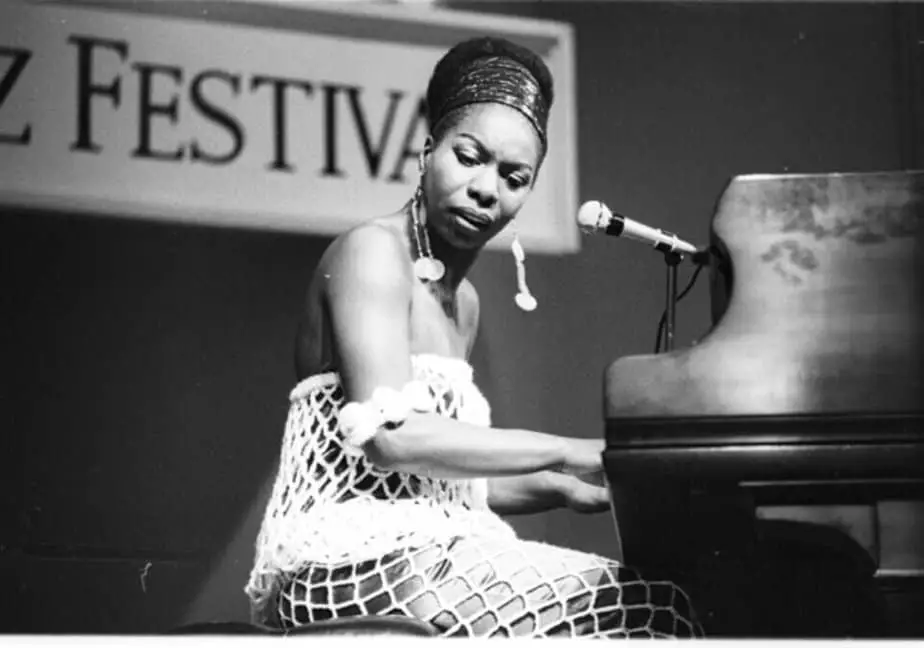In the Bay Area—BHM is notably celebrated from children to elders alike, taking place and precedent in spaces that hold key components of Black Bay Area history. Though in the 2010’s, Black and African American demographics have slipped into the measly 6.1% from its 1970 demographic which made up 13.4%. The majority of the city’s black population reside within the neighborhoods of Bayview-Hunters Point, and Visitacion Valley in southeastern San Francisco, and in the Fillmore District in the northeastern part of the city—arguably the last Black neighborhood in San Francisco.
With families now at home instead of going to events to live and be for BHM, the San Francisco Museum of African Diaspora (MoAD) has brought the programming and history to your TV set and computer. MoAD in partnership with local leaders have set up a month’s worth of content to digest for all ages. Two programs in particular, in partnership with PBS, tackle modern day freedom in American society. “Both programs focus on a film called “HOW IT FEELS TO BE FREE”, a brand new installment of PBS’ American Masters series”, MoAD tells us, “It tells the inspiring story of how six iconic African American female entertainers—Lena Horne, Abbey Lincoln, Nina Simone, Diahann Carroll, Cicely Tyson and Pam Grier—challenged an entertainment industry deeply complicit in perpetuating racist stereotypes, and transformed themselves and their audiences in the process.”
The conversation will be moderated by Cornelius Moore, co-director of California Newsreel and film series curator at MoAD alongside director Yoruba Richen, award-winning documentary filmmaker.
Before the movie discussion, BLATANT takes the stage to get down to knitty-gritty discussions on artists and discipline in the Black community. BLATANT is a forum and live zine series authored and facilitated by Independent curator and cultural strategist Ashara Ekundayo that centers the lived experiences and radical imagination of Black womxn artists and cultural workers creating across discipline and geography. Presented in conjunction with her “Artist As First Responder” platform, this monthly discussion highlights artists whose creative practices heal communities and save lives.
Both programs focus on a film called “HOW IT FEELS TO BE FREE”, a brand new installment of PBS’ American Masters series. The film features interviews and archival performances with all six women, as well as original conversations with contemporary artists influenced by them, including Alicia Keys, an executive producer on the project, Halle Berry, Lena Waithe, Meagan Good, LaTanya Richardson Jackson, Samuel L. Jackson and other luminaries, as well as family members, including Horne’s daughter Gail Lumet Buckley.
In 2018, Instagram created its first-ever Black History Month program with the help of its then Head of Global Music & Youth Culture Communications, SHAVONE. Instagram’s Black History Month program featured a series of first-time initiatives, including a #BlackGirlMagic partnership with Spotify and the launch of the #CelebrateBlackCreatives program, which reached more than 19 million followers. By 2020, Black History Month had become a focus beyond schools. The Wall Street Journal describes it as “a time when the culture and contributions of African Americans take center stage” in a variety of cultural institutions including theaters, libraries and museums, much like MoAD itself. And though BHM has become a full force in modern digital companies—we can’t ignore the simple values that these events bring to our central knowledge and how Black leaders continue to carve history every day.
// Check out the full list of programming at the Museum of African Diaspora and get involved with the Bay Area community at large; moadsf.org/calendar. Want to contribute a piece to Bob Cut’s weekly Black History Month content? Write us an email today. Feature photo by Kayle Kaupanger on Unsplash.

